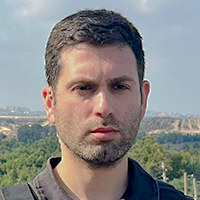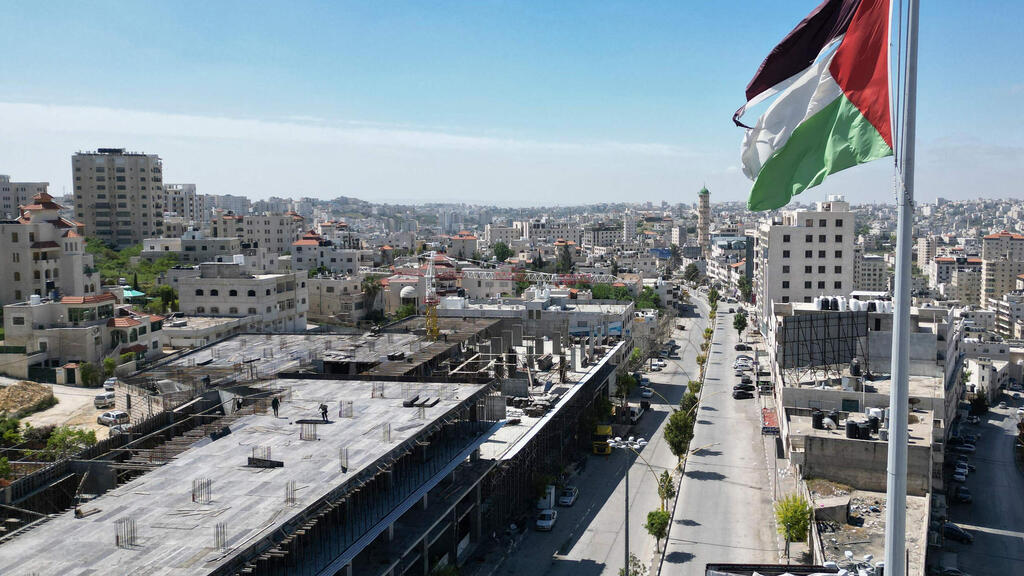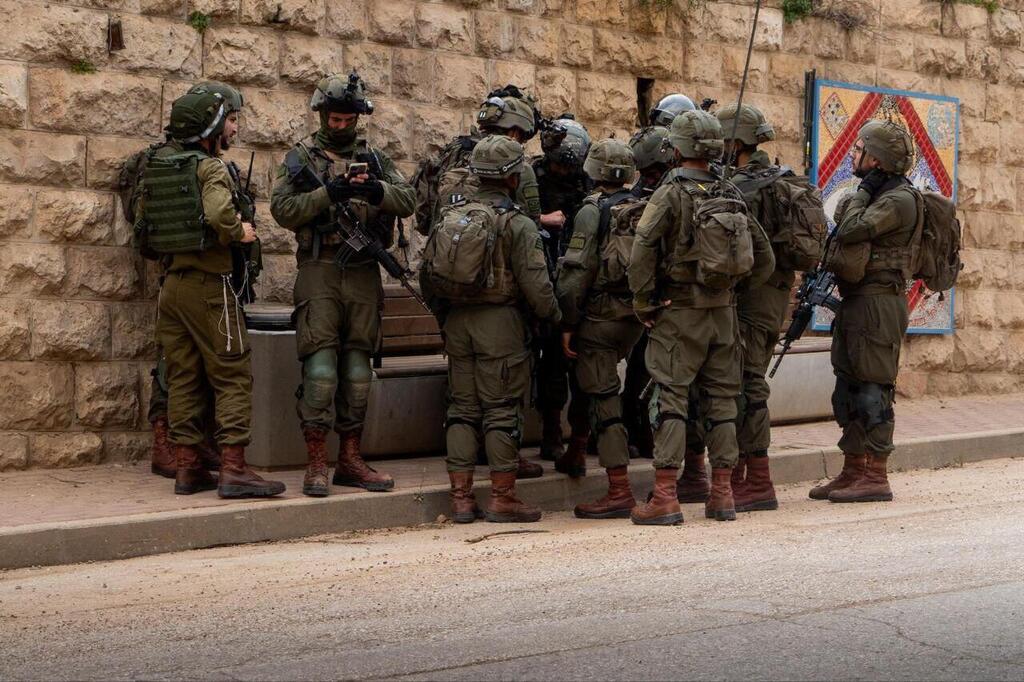Hebron, with its population exceeding a quarter of a million Palestinians, is the most populous city in The West Bank and is profoundly tied to Hamas outside of the Gaza Strip. Interestingly, Hebron, along with its neighbor Bethlehem, is observed as the most peaceful city security-wise, a status it has maintained before and even after the unexpected October 7 attack by a Gaza-based terrorist group.
IDF Special Forces operating in Hebron
(Video: IDF Spokesperson's Unit)
During the Passover period, the city's state mirrors the military's diverse challenges in the present circumstances. These challenges encompass manpower issues, task distribution across different battalions, maintaining state citizens' sense of security, and navigating the lingering security scenarios post-October 7.
For the past two years, until recently, terrorist activities and the establishment of terrorist groups in The West Bank were primarily concentrated in the refugee camps in the West Bank extending from Jenin through Askar and Balata in Nablus, to Nur a-Shams near Tulkarm. However, senior officers in the Hebron sector reported a relative calm during the month of Ramadan concerning the terrorist activity volume, contrasting with the more volatile and violent preceding years.
Senior division officers attribute the relative peace in Hebron, often referred to as the Hamas stronghold in The West Bank, to various factors. One key reason is the devastating destruction images coming from the Gaza Strip, with many Hebron residents having direct family connections to people living in Gaza.
Another contributing factor is the IDF's extensive preventive operations in the region, resulting in the detention of over a thousand individuals, including hundreds under administrative detention as a preventive measure, primarily targeting Hamas operatives in Hebron. Simultaneously, ongoing security coordination with Palestinian authorities in Hebron has resulted in the arrest of dozens more Hamas activists. This has led to a relative peace, preservation of Palestinian movement freedom along the city's main northern routes, and a level of security enjoyed on both sides of the barrier.
This state of calm persisted until recent weeks when five attacks and attempted attacks, all originating from the Hebron area, were executed. One such attempt extended to Jerusalem. Currently, there are no immediate alerts regarding further attacks in the Hebron sector. However, local commanders warn that the absence of such alerts does not necessarily imply safety, as attacks can occur unexpectedly.
A decline in popularity
In parallel with the reduction in terrorist activities, the Judea Brigade has observed a significant drop this year in the number of Jewish worshippers visiting the Cave of the Patriarchs during the Passover festival. The intermediate festival days, known as "Jewish Exception," allow access for Jewish worshippers to Isaac Hall in the Cave of the Patriarchs. As per military data, about 4,500 worshippers arrived daily on average, a stark contrast to the approximately 90,000 worshippers who visited during the entirety of the intermediate Sukkot days prior to October 7.
The count of worshippers when Isaac's Hall is accessible serves as a decent measure of the public's individual sense of security. Yet the military isn't quick to attribute the decline solely to the security situation, considering the intense heat as a possible factor. The brigade, however, suggests that the reduced numbers are predominantly among ultra-Orthodox visitors, and not the national-religious public.
Another notable change during the holiday in Hebron pertains to the size of the military presence. The current holiday saw the Judea Brigade receiving only two reinforcement platoons for the city, a significant decrease from the battalion and a half in past years. These two platoons hail from the recruit base of the Givati Brigade. The nearly 60% reduction compared to sensitive holidays in the past is attributed to the IDF's extensive deployment of different brigades in response to the Gaza Strip and threats in Lebanon.
The load on IDF soldiers has increased to such an extent that quick authorization and overlap mechanisms have been implemented at recruit bases. These enable the dispatch of young platoons, with only a few months of service, to reinforce various sectors. The IDF explained, "They have undergone sufficient professional training to be integrated into defense tasks and perform them well."






